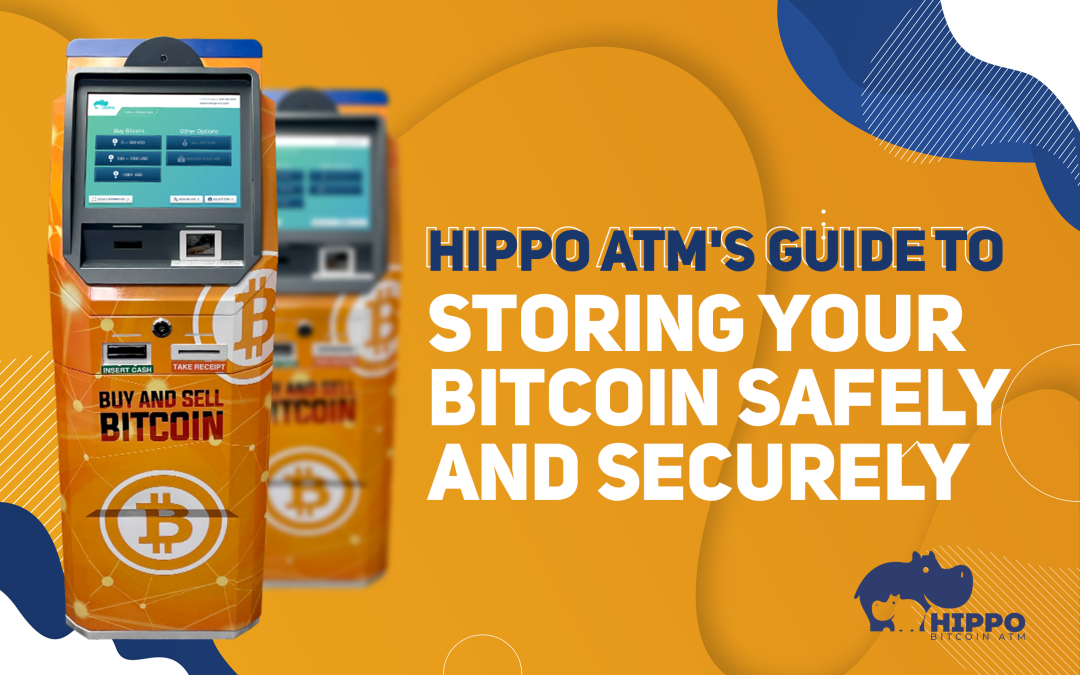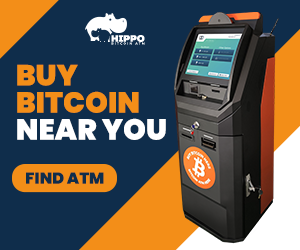Introduction
Do you want to keep your cryptocurrency holdings in the safest possible manner? You are in the right place, in this article, we will give you an insight into some of the best practices. This guide will delve into the pros and cons of various storage methods and provide you with a bit of insight on how to safeguard your Bitcoin.
Understanding Cryptocurrency Wallets
What are Cryptocurrency Wallets?
In essence, cryptocurrency wallets are digital wallets that enable you to store and control your digital assets. They may be separated into two groups: hot wallets and cold wallets.
- Hot Wallets: Also known as software wallets, these wallets are connected to the internet and usually come in some form of a Bitcoin wallet app that can be found in the app stores or online. They offer convenience, as they are often easier to set up and are available on your phone or computer.
- Cold Wallets: These are offline wallets and are believed to be the safest way to store crypto. Cold storage means your crypto assets are stored offline and away from potential online threats. Cold wallets can be hardware devices or paper wallets, both of which we’ll discuss in more detail.
Wallets and Their Private Keys
A fundamental concept in crypto wallets is the idea of private keys and public keys. Your public key is like your email address, something you can share with others so they can send you Bitcoin. While the password for your email account is analogous to your private key. Whoever knows it can access, use and send your Bitcoin, which is why it’s vital to keep your private keys secure.
Choosing the Right Wallet
Now that we went over the basics, let’s explore the different types of wallets in more depth. How frequently have you asked yourself, “What’s the best way to store my crypto?” The answer depends on a variety of factors, including the amount of your investment, your technical know-how, and your risk tolerance.
“Software” Wallets
These wallets are programs or apps that you can install on your desktop or mobile device. While they’re connected to the internet for easy access and trading, they are not as secure as offline options. However, software wallets sometimes provide security additional features such as two-factor authentication.
Examples of “software” wallets include:
- Desktop wallets: Usually Installed on a PC or laptop, some of them can only be accessed from the single computer on which they’re installed.
- Mobile wallets: Run as an app on your mobile device, making them convenient as they can be used anytime due to the fact that this days most people do not leave the house without their phones.
Hardware Wallets
Hardware wallets, which are a type of cold wallet, offer the balance between high security and ease of use for most crypto users. They store the user’s private keys on a hardware device like a USB. Even though transactions are made online, the offline nature of these wallets makes them more attractive to many users.
Among hardware wallets, Ledger Nano or Trezor are some of the popular choices. Their websites claim to offer extensive security features, including a custom built-in chip to help protect your private keys. We recommend doing extensive research before you decide which wallet is best for you.
Paper Wallets
Paper wallets are another type of cold wallet and are not connected to any online apps. As the name suggests, a paper wallet is a piece of paper on which your crypto wallet address and its private key are physically printed. You’re essentially storing your crypto offline and reducing the chance of online hacking.
However, paper wallets can be damaged or lost, and ink can fade over time so they must be stored safely and securely. They are a wallet of choice for many people who want to store crypto offline for an extended period, but they require more technical understanding to set up correctly and safely.
Custodial vs. Non-custodial Wallets
You’ll also come across the terms custodial and non-custodial wallets.
- Custodial Wallet: When you store your Bitcoin on an exchange, the exchange is the custodian. They hold your private keys, which crypto community would say it means you don’t truly own your Bitcoin. This method can be risky, as your crypto is vulnerable if the exchange is hacked or goes out of business.
- Non-Custodial Wallets: Here, you control your private keys and, therefore, your crypto assets. Hardware wallets and paper wallets are some of the examples of non-custodial wallets.
Understanding Keys and Mnemonic/Seed Phrases
The private key is a long string of hexadecimal characters (a mix of letters and numbers) and for most of the average users close to impossible to memorize. The private key may look something like “1D5F28C09E….”, and it’s quite a challenge to memorize. Therefore, instead of having to deal with that long string of characters, the wallet seed phrase, also known as a mnemonic phrase, is made up of 12, 18, or 24 words. The order of the words is critical: if your seed phrase is made up of words “Flower, Bottle, Run, Squirrel…,” for instance, they must remain in exactly that order. This seed phrase also known as a mnemonic phrase can be used to back up and later regenerate your private key in case you ever need to restore your wallet.
What are Mnemonic Phrases and Seed Phrases?
A mnemonic phrase, or seed phrase, is a list of words that are used to recover your Bitcoin wallet keys. Both terms refer to the same concept and are used interchangeably in the crypto world. Many wallets will generate a seed phrase only once, and you have to note it down and store it safely.
The Role of Seed Phrases
Private keys, seeds, or mnemonic phrases serve a critical function in maintaining the safety and security of your crypto assets. If your mobile device breaks or if you can’t access your software or hardware wallet for some reason, you can use your private keys to recover your funds. The same applies if your computer crashes.
How To Secure Your Private keys
Understanding how to store your private keys and seed phrase, safely, is of crucial importance. Here are some tips to keep your keys offline and out of reach from potential threats:
- Write It Down: Write down your keys and store them in a secure location. Don’t store it digitally to avoid the risk of hackers gaining access to them.
- Keep Multiple Copies: Have more than one copy and store them in different secure locations. This way, if one gets lost or damaged, you have backups.
- Never Share Your Keys: Your private keys (as well as mnemonic or seed phrases) should remain private. Never share them with anyone, not even with crypto services or personnel from the wallet service.
Dangers of Mismanaging Your Private Keys
Failure to securely store your private keys/seed phrases can lead to catastrophic loss of your crypto assets. If another person obtains your private keys or seed phrase, they can access your wallet and effectively own your Bitcoin. Conversely, if you lose your keys or phrase and can’t access your wallet, you will permanently lose all your crypto holdings.
Crypto Wallet Best Practices
Let’s go over some of the best practices for ensuring the security of your crypto wallets:
- Secure Your Private Keys: Never disclose your private keys or seed phrases to anyone. Treat it like keys to your crypto kingdom and keep them even more secure than your credit card PIN. Put it in writing and store them at a secure location.
- Use Hardware Wallets: If you have a significant amount of Bitcoin, or simply prefer higher security, research hardware wallets and see how they fit your security needs. It’s a worthy investment to protect your crypto assets.
- Enable two-factor authentication: If your wallet app offers 2FA consider turning it on. This provides an additional layer of protection by needing more than just your password to log in.
- Keep Software Up to Date: Ensure your wallet software is up to date to have the latest security enhancements.
- Beware of phishing Attacks: Be careful of suspicious emails or websites asking for your private key or other security information.
- Consider Using Multi-Signature: Multi-signature requires multiple people to approve a crypto transaction, adding another layer of security.
Conclusion
Navigating the crypto world might seem overwhelming, but with knowledge and caution, you can minimize risk. Remember, no method is entirely foolproof, and part of being your own bank includes being responsible for your security. The goal isn’t merely to trade crypto, but to remain secure while doing so.
Remember, you’re not alone in this journey. Hippo Bitcoin ATM, alongside crypto enthusiasts like you, is exploring the expanding universe of digital currencies. We hope this guide proves valuable in your crypto journey and helps you store your Bitcoin safely and securely!
In the end remember to always do your research, and employ best practices in securing your Bitcoins!


